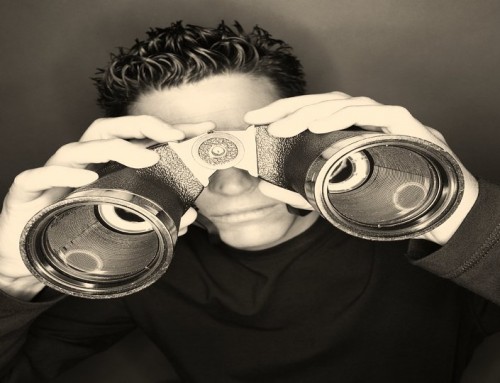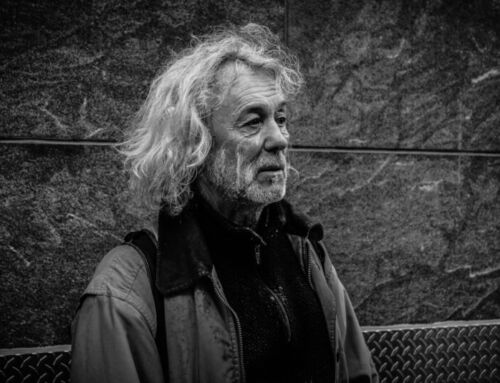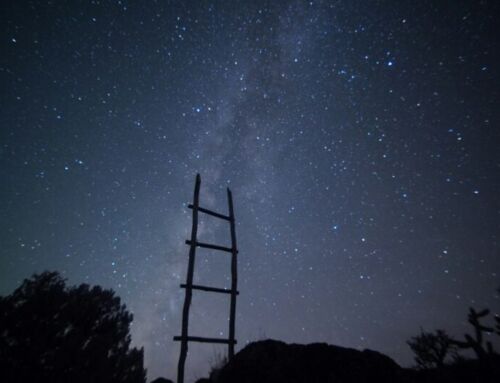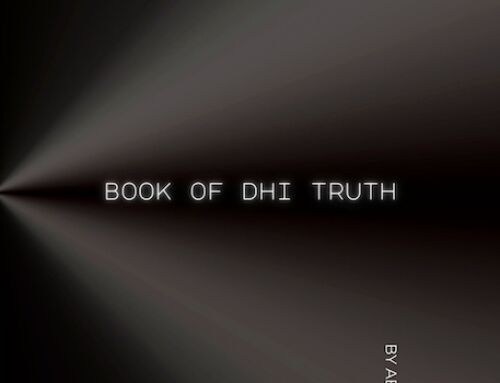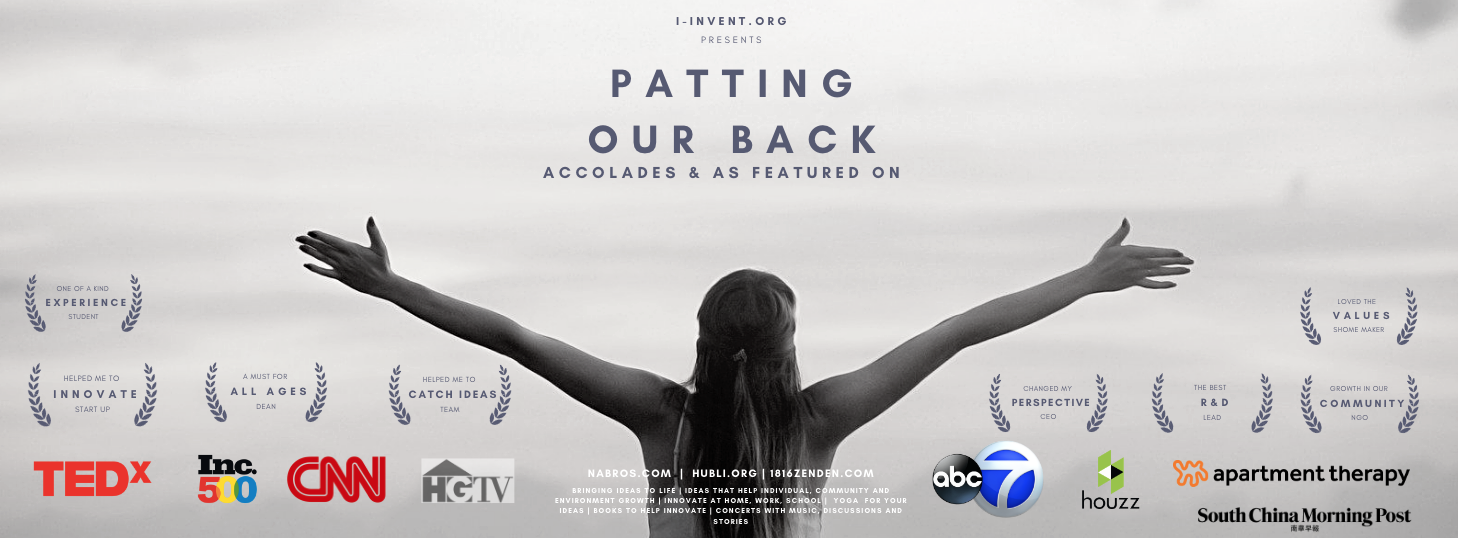Sharing a 9 min read that came with today’s morning:
Quotes are from Einstein and the Poet – 1983 ( A compilation of meetings with William Hermanns from (1930-1954.))
The basic laws of the universe are simple, but because our senses are limited, we can’t grasp them. There is a pattern in creation.
Science is never finished because the human mind only uses a small portion of its capacity, and man’s exploration of his world is also limited. If we look at this tree outside whose roots search beneath the pavement for water, or a flower which sends its sweet smell to the pollinating bees, or even our own selves and the inner forces that drive us to act, we can see that we all dance to a mysterious tune, and the piper who plays this melody from an inscrutable distance—whatever name we give him—Creative Force, or God—escapes all book knowledge.
Many people think that the progress of the human race is based on experiences of an empirical, critical nature, but I say that true knowledge is to be had only through a philosophy of deduction. For it is intuition that improves the world, not just following a trodden path of thought. Intuition makes us look at unrelated facts and then think about them until they can all be brought under one law. To look for related facts means holding onto what one has instead of searching for new facts. Intuition is the father of new knowledge, while empiricism is nothing but an accumulation of old knowledge. Intuition, not intellect, is the ‘open sesame’ of yourself.
I believe that I have cosmic religious feelings. I never could grasp how one could satisfy these feelings by praying to limited objects. The tree outside is life, a statue is dead. The whole of nature is life, and life, as I observe it, rejects a God resembling man. I like to experience the universe as one harmonious whole. Every cell has life. Matter, too, has life; it is energy solidified. Our bodies are like prisons, and I look forward to be free, but I don’t speculate on what will happen to me. I live here now, and my responsibility is in this world now. . . . I deal with natural laws. This is my work here on earth.
The God Spinoza revered is my God, too: I meet Him everyday in the harmonious laws which govern the universe. My religion is cosmic, and my God is too universal to concern himself with the intentions of every human being. I do not accept a religion of fear; My God will not hold me responsible for the actions that necessity imposes. My God speaks to me through laws.
I believe in one thing—that only a life lived for others is a life worth living.
If we want to improve the world we cannot do it with scientific knowledge but with ideals. Confucius, Buddha, Jesus and Gandhi have done more for humanity than science has done. We must begin with the heart of man—with his conscience—and the values of conscience can only be manifested by selfless service to mankind. In this respect, I feel that the Churches have much guilt. She has always allied herself with those who rule, who have political power, and more often than not, at the expense of peace and humanity as a whole.
Religion and science go together. As I’ve said before, science without religion is lame and religion without science is blind. They are interdependent and have a common goal—the search for truth. Hence it is absurd for religion to proscribe Galileo or Darwin or other scientists. And it is equally absurd when scientists say that there is no God. The real scientist has faith, which does not mean that he must subscribe to a creed. Without religion there is no charity. The soul given to each of us is moved by the same living spirit that moves the universe.
I believe that we don’t need to worry about what happens after this life, as long as we do our duty here—to love and to serve.
I do not need any promise of eternity to be happy. My eternity is now. I have only one interest: to fulfill my purpose here where I am. This purpose is not given me by my parents or my surroundings. It is induced by some unknown factors. These factors make me a part of eternity.
I cannot conceive of anything after my physical death—perhaps it will end it all. The knowledge that I am now on this earth and a mysterious part of eternity is enough for me. My death will be an easy one, too, for since early youth I have always detached myself from family, friends, and surroundings. And should I live on, I have no fear of the next life. Whatever good I did helped to free me from myself. What a miserable creature man would be if he were good not for the sake of being good, but because religion told him that he would get a reward after this life, and that if he weren’t good he’d be punished.
There are cosmic laws.
[in response to a question about what was meant by his “cosmic religion”]
It is not a religion that teaches that man is made in the image of God—that is anthropomorphic. Man has infinite dimensions and finds God in his conscience. This religion has no dogma other than teaching man that the universe is rational and that his highest destiny is to ponder it and co-create with its laws.
There are only two limiting factors: first, that what seems impenetrable to us is as important as what is cut and dried; and, second, that our faculties are dull and can only comprehend wisdom and serene beauty in crude forms, but the heart of man through intuition leads us to greater understanding of ourselves and the universe. My religion is based on Moses: Love God and love your neighbor as yourself. And for me God is the First Cause. David and the prophets knew that there could be no love without justice or justice without love. I don’t need any other religious trappings.
I believe the main task of the spirit is to free man from his ego.
Certainly there are things worth believing. I believe in the brotherhood of man and the uniqueness of the individual. But if you ask me to prove what I believe, I can’t. You know them to be true but you could spend a whole lifetime without being able to prove them. The mind can proceed only so far upon what it knows and can prove. There comes a point where the mind takes a leap—call it intuition or what you will—and comes out upon a higher plane of knowledge, but can never prove how it got there. All great discoveries have involved such a leap.
Try not to become a man of success, but a man of value. Look around at how people want to get more out of life than they put in. A man of value will give more than he receives. Be creative, but make sure that what you create is not a curse for mankind.
Photo credit: unknown


